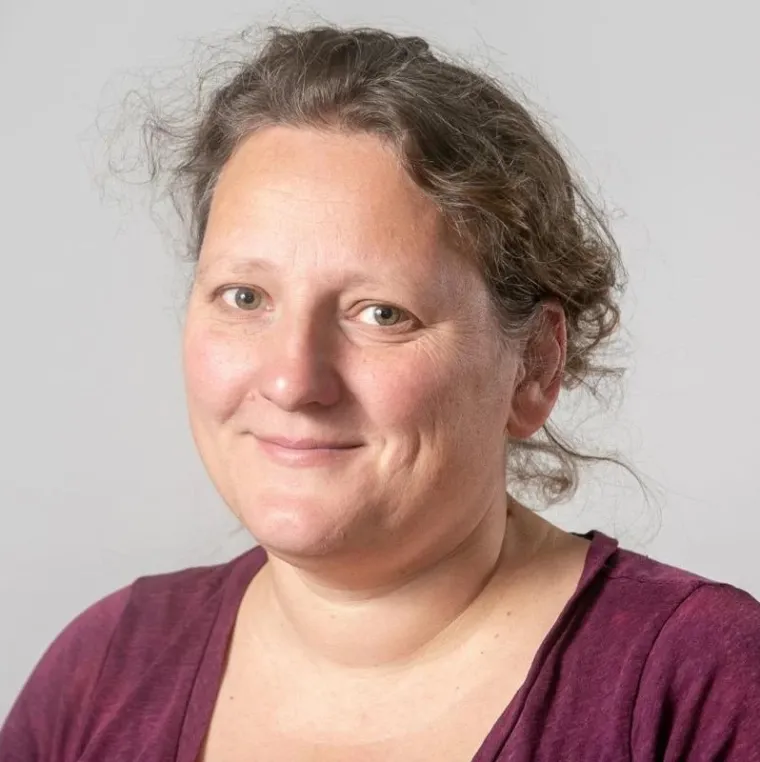Anna Dornhaus
Positions and Education:
- 2016-present: Professor, Ecology & Evolutionary Biology, University of Arizona
- 2010-2016: Associate Professor, Ecology & Evolutionary Biology, University of Arizona
- 2005-2010: Assistant Professor, Ecology & Evolutionary Biology, University of Arizona
- 2002-2005, Visiting Fellow, School of Biological Sciences, University of Bristol
- 2002, Associate Researcher, Dept. of Artificial Intelligence, University of Würzburg
- 2002, Ph.D., Zoology, University of Würzburg
- 1999, Diplom (=M.S.), Biology, University of Würzburg
Honors and Awards:
‘Local Genius’ award by Museum of Contemporary Art, Tucson
Research Interests:
Organization in groups, how collective behaviors emerge from the actions and interactions of individuals, is the main interest of Anna Dornhaus. As model systems she studies social insect colonies (bumble bees, honey bees and ants) in the laboratory and in the field, as well as using mathematical and individual-based modeling approaches. She investigates mechanisms of coordination in foraging, collective decision-making, task allocation and division of labor. Her recent work has included the role of communication in the allocation of foragers to food sources; the evolution of different recruitment systems in different species of bees, and how ecology shapes these recruitment systems; house hunting strategies in ants; speed-accuracy trade offs in decision-making; and whether different group sizes necessitate different organizational strategies.
Selected Publications:
- Bengston SE, Shin M and Dornhaus, A 2016 'Life-history strategy and behavioral type: risk-tolerance reflects growth rate and energy allocation in ant colonies', Oikos.
- Dunlap AS, Nielsen ME, Dornhaus A, Papaj DR 2016 ‘Foraging bumble bees weigh the reliability of personal and social information’, Current Biology 26: 1195-1199
- Charbonneau D, Dornhaus A 2015 ‘When doing nothing is something. How task allocation strategies compromise between flexibility, efficiency, and inactive agents’, Journal of Bioeconomics 17: 217-242
- Goldsby HJ, Dornhaus A, Kerr B, Ofria C 2012 ‘Task-switching costs promote the evolution of division of labor and shifts in individuality’, PNAS 109: 13686-13691
- Dornhaus A, Powell S 2010 ‘Foraging and defence strategies’ In: ‘Ant Ecology’, Eds. L Lach, C Parr, K Abbott, Ant Ecology, Oxford University Press
- Dornhaus A 2008 ‘Specialization does not predict individual efficiency in an ant’ PLoS Biology 6: e285


